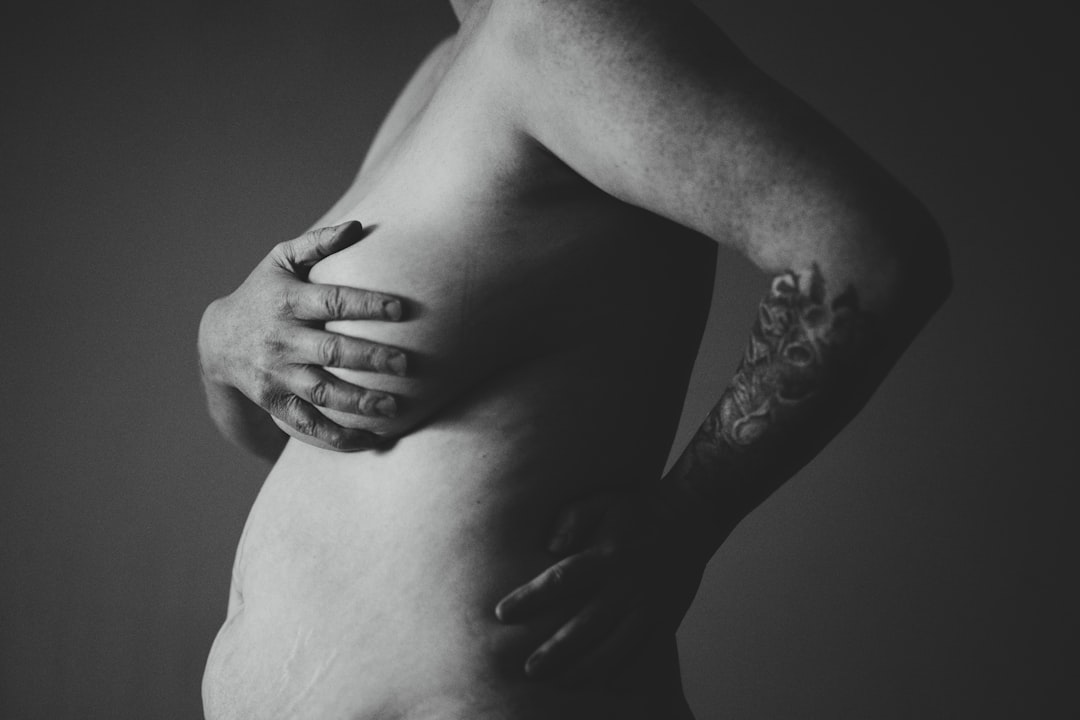Postpartum body image: Why celebrities like Kylie Kelce are speaking truths that matter
When Philadelphia Eagles center Jason Kelce’s wife Kylie recently confessed, “My body doesn’t feel like my body,” she captured what countless new mothers experience in the postpartum period. After giving birth to her third child, Kylie has been refreshingly candid about wearing maternity jeans weeks after delivery and the physical toll of recovery—giving voice to a reality that often gets glossed over in our highlight-reel culture.
The “bounce back” myth vs. postpartum reality
While social media feeds often showcase seemingly miraculous postpartum transformations, Kylie Kelce’s honest assessment offers a more accurate picture: “There are some things that we, as women who have just grown humans, cannot bounce back. I can’t bounce back my stretch marks. They’re with me,” she shared during a candid interview on her podcast “Not Gonna Lie”.
What makes her perspective particularly valuable is the medical wisdom she received and chose to share: “You grew a human for almost a year. Give yourself a year to settle back into your body.” This physician’s advice directly challenges the unrealistic expectations new mothers face to “snap back” mere weeks after childbirth.
The postpartum period—typically defined as the first six to eight weeks after delivery—involves significant physical changes including breast engorgement, uterine cramping, and vaginal bleeding. Yet the emotional and psychological adjustment often extends far beyond this timeframe.
The emotional journey of postpartum body acceptance
Kylie’s admission that postpartum recovery was “one of the hardest things I’ve ever done in my whole life” highlights that physical recovery is just one dimension of the postpartum experience. The emotional relationship with one’s changed body can be equally challenging.
“I did not feel that immediate, like, ‘This is my baby.’ I didn’t have that sensationalized, like, ‘I’m a mother now.’ It was like a slow ease in,” Kylie shared, normalizing the gradual nature of maternal bonding that many women experience but few discuss openly.
This emotional dimension of postpartum recovery deserves greater attention, particularly as it relates to body image. When celebrity voices like Kylie’s acknowledge these struggles, they help create space for all mothers to process their feelings without shame.
Cultivating postpartum self-kindness: Practical approaches
If you’re navigating postpartum body image challenges, consider these evidence-based strategies:
1. Reframe your timeline
Adopt the “year-to-settle” mindset Kylie’s doctor recommended. Your body spent nearly a year creating a human—expecting it to revert in weeks isn’t just unrealistic, it’s potentially harmful to your physical and mental recovery.
2. Practice intentional gratitude
While acknowledging difficult feelings about your changed body, also take moments to appreciate what your body accomplished. This isn’t about toxic positivity but balanced perspective.
3. Curate your media consumption
Consider auditing your social media feeds and unfollowing accounts that promote unrealistic postpartum expectations. Instead, seek out voices like Kylie’s that normalize the full spectrum of postpartum experiences.
4. Communicate openly
As experts recommend, communicating your feelings helps others understand what you’re experiencing. “We’re both in diapers. I have a cooling pad on my lady bits. I am afraid to sit down at any given point because it hurts so bad,” Kylie candidly shared, demonstrating how honest communication can help partners and support networks better understand postpartum realities.
5. Prioritize physical recovery basics
Dr. Brooke Vandermolen, OB/GYN, emphasizes that adequate rest, proper hydration, appropriate nutrition, and limiting physical activity until medically cleared create the foundation for healthy postpartum recovery.
The power of celebrity voices in changing postpartum narratives
When public figures like Kylie Kelce speak honestly about postpartum struggles, they help normalize experiences that might otherwise make new mothers feel isolated or inadequate. By sharing details that many would consider private—like wearing postpartum diapers alongside her newborn—Kylie helps dismantle the unrealistic expectations that burden new mothers.
These public conversations matter because they challenge the dangerous “bounce back” culture that can lead new mothers to push themselves too hard, too soon. They also create permission for women to prioritize healing over appearance—a crucial shift for postpartum mental health.
Embracing your postpartum journey
Remember that your postpartum experience is uniquely yours. While celebrities like Kylie Kelce offer valuable perspective and solidarity, each woman’s body and emotional journey after birth follows its own timeline.
The postpartum period isn’t just about physical recovery—it’s about becoming acquainted with a new version of yourself. Your body has accomplished something remarkable, and the changes it underwent to create life deserve recognition and respect.
As you navigate your relationship with your postpartum body, consider exploring guided meditations specifically designed for new mothers. Beginning’s 3D sound journeys can provide a moment of calm amidst the chaos of new parenthood while helping you reconnect with your changing body in a compassionate way.
Your postpartum body tells a story of strength, resilience, and life-giving power. It’s a story worth honoring—stretch marks, healing tissues, and all.



